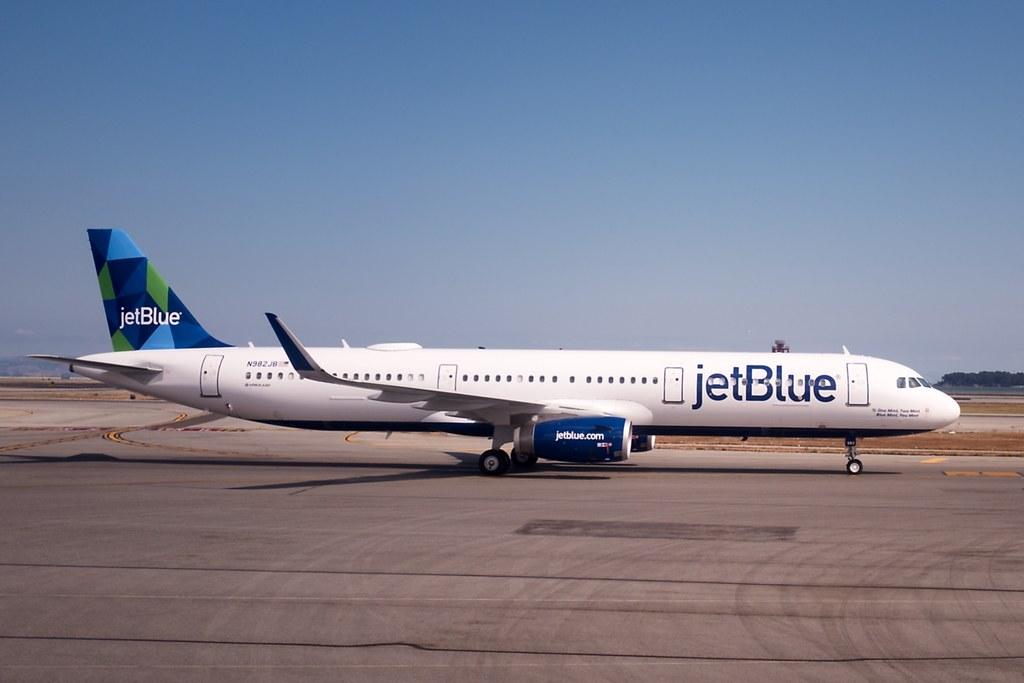JetBlue For Good: Why This Airline Cares So Damn Much
In the wake of the country’s most recent school shooting, one airline stepped up in a big way. Here, a look at philanthropic giving in the travel industry—and how one woman at the helm of JetBlue’s efforts is making major strides.

Originally published by Condé Nast Traveler
by Cassie Shortsleeve
On Valentine’s Day, after a lone shooter entered Marjory Stoneman Douglas High School in Parkland, Florida, and took the lives of 17 people, Icema Gibbs knew it was time to get to work.
Gibbs isn’t a South Florida native or a school teacher, but rather, JetBlue’s director of corporate social responsibility. “Whenever there is a disaster—manmade or natural—if there is an opportunity for us to help, we do: specifically, if it’s a city that we serve or a city that really is near and dear to our crew members,” says Gibbs, who has been with the airline since its inception in 1999.
In the aftermath of the shooting, JetBlue, which has more than 5,000 workers who call Florida home, flew victims’ families to and from the Sunshine State for free, provided complimentary ground transportation via Lyft to and from the airport, and set up a blood drive, where blood was donated to local blood banks to help replenish the inventory that was depleted following the shooting.
Gibbs says JetBlue was founded and committed to “always doing the right thing"—so much so that its efforts stand out amid news cycles of overbooked flights, passengers getting dragged off planes, and disruptive customers who cause planes to be turned around. In the past year alone, the New York–based airline, the sixth-biggest domestic carrier, covered flights for family members of those affected by the Orlando nightclub shooting, sent 1.5 million pounds of relief supplies and provided more than 1,100 seats to emergency personnel to Puerto Rico after Hurricane Maria, among 33 other initiatives), and brought a literacy program that provides vending machines full of books to Houston as the city reeled from the impact of Hurricane Harvey.

